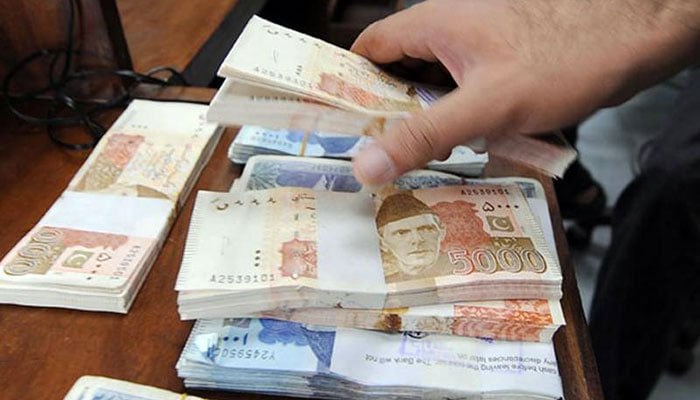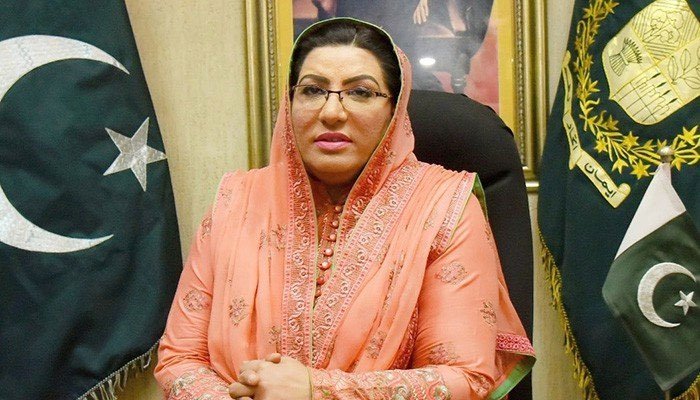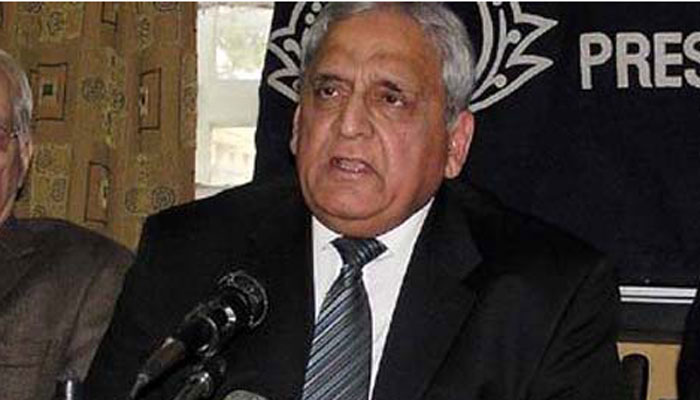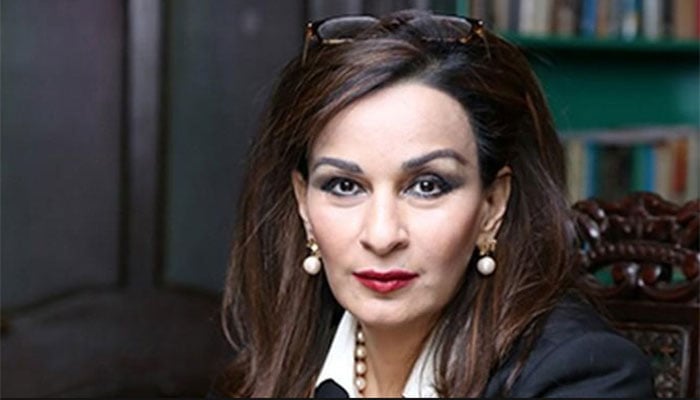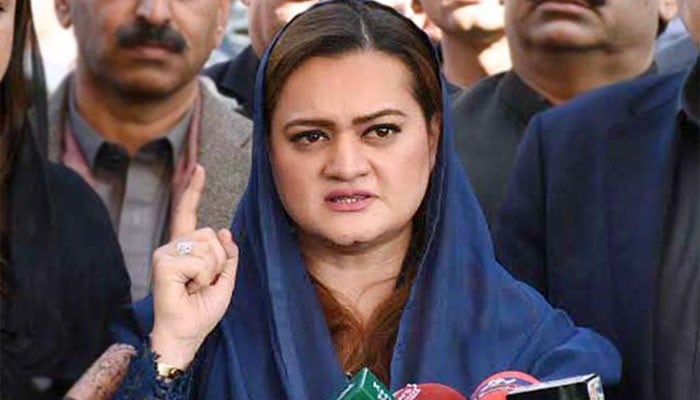Pakistan ranked 120 out of 180 countries on Corruption Perceptions Index
Pakistan has slipped three places compared to last year, according to Transparency International
ISLAMABAD: Pakistan was on Thursday ranked 120 out of 180 countries on the Corruption Perceptions Index (CPI) 2019, according to a report released by Transparency International (TI), an international non-governmental organization based in Berlin.
CPI uses a scale of 0 to 100 to rank nations, where 0 is highly corrupt and 100 is very clean. The score of Pakistan - 32/100 - was well below the CPI average of 43 for the year 2019. However, TI said that more than two thirds of the countries on the list scored below 50 on the index this year.
The Berlin-based non-profit releases the index every year, ranking 180 countries and territories by their perceived levels of public sector corruption, according to experts and business people. Pakistan was ranked at the 117th place for the years 2017 and 2018.
The country scored 33/100 on the CPI in 2018 and 32/100 in 2017. Although the score of Pakistan on the index has not changed much compared to the past year, the changes in the CPI score of other countries on the list resulted in Pakistan falling down the ranking.
'Governments must address role of big money'
According to Transparency International, the CPI 2019 shows that corruption is more pervasive in countries where big money can flow freely into electoral campaigns and where governments listen only to the voices of wealthy or well-connected individuals.
"Similar to previous years, the data shows that despite some progress, a majority of countries are still failing to tackle public sector corruption effectively," the non-profit contends in the report, adding that in the last eight years, only 22 countries significantly improved their CPI scores.
"Governments must urgently address the corrupting role of big money in political party financing and the undue influence it exerts on our political systems," says Transparency International chief Delia Ferreira Rubio. TI Managing Director Patricia Moreira also echoed the comments of Rubio.
"To have any chance of ending corruption and improving peoples’ lives, we must tackle the relationship between politics and big money. All citizens must be represented in decision-making," she said.
Corruption trends: Regional and global
Pakistan was ranked 120 on the CPI this year, joint with African nation Niger, but above regional partners like Afghanistan (173), Iran (146) and Bangladesh (146). Neighbor and arch-rival India was ranked at the 80th place, scoring 41/100 on the CPI, according to TI.
The top countries on the index were New Zealand and Denmark, with scores of 87 each, followed by Finland (86), Singapore (85), Sweden (85) and Switzerland (85). The bottom countries were Somalia, South Sudan and Syria with scores of 9, 12 and 13, respectively.
In the index, Pakistan was placed in the Asia-Pacific region, that had an average CPI score of 45 after many consecutive years of an average score of 44, illustrating general stagnation across the region. The region is home to both top-performing and bottom-listed countries on the CPI.
"While often seen as an engine of the global economy, in terms of political integrity and governance, the region performs only marginally better than the global average," the non-profit said, adding that the region hasn't recorded much progress in anti-corruption efforts.
Prevent corruption, foster integrity: TI
According to Transparency International, it is imperative to prevent corruption in order to foster the integrity of political systems around the world. This will restore trust, and lead to a decrease in the perceived levels of corruption prevalent in several countries, the group said.
In line with the statement, the group also identified several key areas that governments around the globe could concentrate on reforming and thus decreasing corruption in their societies. The recommendations were part of the report the group released on Thursday.
TI said that by managing conflicts of interest, controlling political financing, strengthening electoral integrity, regulating lobbying activities, tackling preferential treatment, empowering citizens, and reinforcing checks and balances, states could fight corruption and defeat it.
'Fifteen months not enough'
Special Assistant to the Prime Minister for Information and Broadcasting Firdous Ashiq Awan, when asked to comment on the TI report, said that no big scandal of corruption had come forward against the PTI-led government during the time it had been in power.
"Fifteen months are not enough to wipe out corruption from the country. The government will defeat corruption-laden system and the people who take advantage of this corruption," she told reporters at a press conference on Thursday.
"The biggest challenge of Pakistan is corruption. Our fight is with the corrupt mafia that releases a new rumor regarding the government everyday," she added.
'NAB has been rejuvenated'
Chairman Transparency International Pakistan Sohail Muzaffar, commenting on the release of the report, said that the accountability body tasked with fighting corruption in Pakistan - the National Accountability Bureau - had performed much better this year.
"NAB, under the current leadership of Justice (R) Javed Iqbal, has performed much better, and NAB been rejuvenated after it has taken various initiatives in order to have collective wisdom in the conduct of inquiries/investigations on merits, which is lending quality," he said.
"NAB has collected Rs153 billion from the corrupt elements and filed 530 references. The overall conviction ratio in the accountability courts is about 70%. Besides, the effective media campaign of NAB about ill effects of corruption is commendable," he added.
'TI report is charge-sheet against government'
Senator Sherry Rehman, who belongs to the opposition Pakistan Peoples Party, has said that her party was already of the opinion that corruption in Pakistan had actually increased under the government Pakistan Tehreek-e-Insaf and the TI report was evidence of it.
"The TI report is a charge-sheet against the government. The international body has exposed the accountability-driven rulers. The premier accuses the opposition of fostering corruption, but Pakistan has slipped to 120 in the CPI under his watch," she said.
"This proves that corruption has neither decreased nor vanished. The story behind the Malam Jabba Ski Resort, the Peshawar Bus Rapid Transit, and other scandals is yet to come out. All the claims of the government regarding corruption have been rendered false," she said.
'TI report slap on face of government'
Pakistan Muslim League-Nawaz (PML-N) leader Marriyum Aurangzeb, commenting on the release of the report by the transparency body, said that the research on governance and transparency issues was a slap on the face of the PTI government in Pakistan.
"The TI report on governance and transparency issue is a slap on the face of the government. The country is not run on false claims but good governance. The government has only created unjust hue and cry over the past year with nothing to show for it," she told Geo News.
-
Security forces gun down 30 terrorists in multiple IBOs in KP: ISPR
-
MQM-P calls for new province in Sindh
-
US report validates Pakistan military edge over India: PM
-
Banned TTP poses serious threat to Pakistan security: UNSC panel
-
CM Afridi clarifies remarks on by-poll after ECP requests army deployment
-
Dubai sees 3.2m Pakistani passengers in 2025 as airport sets new milestone
-
Security forces kill 23 Indian proxy terrorists in KP's Kurram
-
Pakistan to construct island to boost oil exploration: report
